 Did you know? Promoting gratitude within your family can be as straightforward as initiating a daily gratitude journal! Taking a moment each day to ponder on the positives can have a profound impact on uplifting moods and nurturing a sense of well-being for all. Encourage every family member to jot down something they're grateful for, regardless of its magnitude. Let's embark on this journey of gratitude collectively, strengthening our familial bonds one thankful moment at a time!
0 Comments
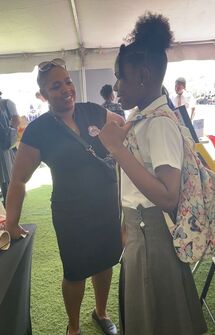
Yesterday I had the opportunity to set up a booth at the Career and College Expo at the A. Louise Garland Thomas High School in Providenciales. This presented an opportunity for students to learn more about Educational Entrepreneurship and Learn and Lead. We will the students the best as they begin to explore career paths and opportunities.
 Did you know? You can promote independence in your child by assigning age-appropriate tasks and granting them responsibilities around the house! Encouraging them to tackle these tasks not only aids in the development of vital life skills but also enhances their confidence and sense of achievement. From tidying up their room to assisting with meal preparation, every task imparts valuable lessons in accountability and self-reliance. Let's empower our youngsters to flourish independently and evolve into capable individuals! Share your insights and experiences with task delegation in the comments below! 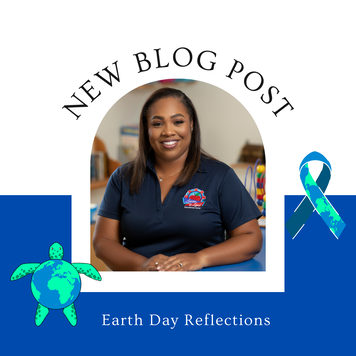 Happy Earth Day! Today, as we celebrate the beauty and wonder of our planet, it's a perfect opportunity to reflect on the importance of instilling environmental values in our children. Earth Day, observed annually on April 22nd, serves as a reminder of our shared responsibility to care for the Earth and promote sustainable practices. As parents, we play a vital role in nurturing a love for the environment in our children and empowering them to become stewards of the planet. This year, Earth Day's theme, "Planet vs. Plastics," highlights the urgent need to address the global challenge of plastic pollution. Plastic waste poses a significant threat to marine ecosystems, wildlife, and human health, particularly in regions like the Caribbean, where diverse marine habitats are at risk. It's crucial that we educate our children about the importance of protecting these precious ecosystems and taking action to reduce plastic consumption. On this Earth Day, let's seize the opportunity to teach our children about environmental conservation and inspire them to make a positive impact. Here are some simple ways we can celebrate Earth Day together and instill a sense of responsibility in our children: Connect with Nature: Spend time outdoors with your children and explore the beauty of the natural world. Whether it's a nature walk, a trip to the beach, or planting a garden, immersing ourselves in nature fosters a deeper appreciation for the Earth. Reduce, Reuse, Recycle: Teach your children about the importance of reducing waste, reusing materials, and recycling when possible. Limit Plastic Use: Help your children understand the harmful effects of plastic pollution and encourage them to reduce their plastic consumption. Use reusable water bottles, bags, and containers, and avoid single-use plastics whenever possible. Lead by Example: Set a positive example for your children by practicing eco-friendly habits in your own life. Conserve energy, minimize water usage, and support sustainable practices in your daily routine. Today, let's reaffirm our commitment to protecting our planet and inspiring future generations to do the same. By teaching our children to appreciate and care for the Earth, we're shaping a brighter, more sustainable future for all.  Did you know? You can foster your child's critical thinking skills by asking open-ended questions and fostering an environment where they feel comfortable expressing their opinions! Engaging in conversations that encourage deep thought and reflection aids in the development of analytical skills and broadens their perspective. Challenge them with thought-provoking questions such as "What are your thoughts on...?" or "How might you approach...?" Let's empower our young thinkers and witness the expansion of their minds! 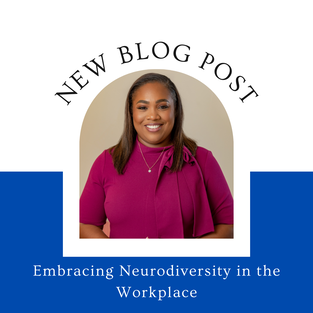 In today's rapidly evolving workforce, diversity is not just a buzzword—it's a cornerstone of innovation and success. Yet, when we talk about diversity in the workplace, it's essential to recognize that it extends far beyond race, gender, and ethnicity. One often overlooked aspect of diversity is neurodiversity, which encompasses individuals with neurological differences such as autism, ADHD, dyslexia, and other conditions. As we strive to build more inclusive workplaces, it's crucial to embrace neurodiversity and tap into the unique talents and perspectives of neurodivergent individuals. But what does neurodivergent mean, and why should employers understand what it means to hire a neurodivergent employee? Neurodivergent individuals have brains that function differently from the neurotypical population. This can manifest in a variety of ways, from differences in communication and social interaction to heightened sensory sensitivities and strengths in areas such as pattern recognition, problem-solving, and attention to detail. Embracing neurodiversity means recognizing and valuing these differences as strengths rather than deficits. Employment opportunities are particularly important for neurodivergent individuals for several reasons. Firstly, gainful employment provides a sense of purpose, belonging, and financial independence, contributing to overall well-being and quality of life. Secondly, by harnessing the unique skills and perspectives of neurodivergent individuals, businesses can drive innovation, creativity, and productivity. Research has shown that diverse teams are more effective at problem-solving and decision-making, leading to better outcomes for organizations as a whole. As we witness a growing number of children being identified as neurodivergent, it's crucial to recognize that this demographic will inevitably transition into adulthood. By proactively creating inclusive workplaces and offering meaningful employment opportunities, employers can play a pivotal role in fostering a more inclusive society for neurodivergent individuals. So, how can employers create a more inclusive environment for neurodivergent employees?
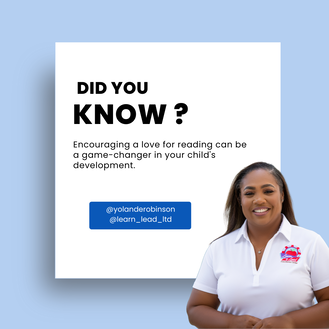 Did you know? Cultivating a love for reading can truly transform your child's development! By infusing reading with joy and interactivity, we have the power to ignite a lifelong passion for books! Craft a cozy reading nook with plush cushions, soft blankets, and their most beloved stories. Dive into diverse genres, immerse in vibrant illustrations, and embark on thrilling adventures together. Let's weave reading into the fabric of our daily lives and witness the blooming love for books in our little ones! 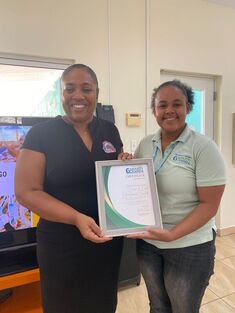
Today we had the pleasure of kicking of the term with the Youth Officers from the Edward Gartland Youth Center. Our workshop, Strategies for Youth Worker Success, focused on five core areas essential for youth worker success:
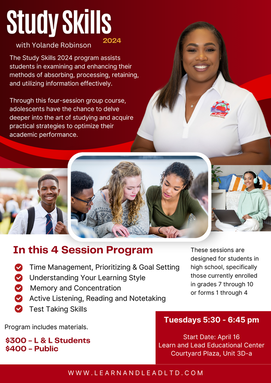 In March and April, we ran our first Study Skills Group class in some time! It was a great success. We were not able to accommodate all requests, therefore we are running this program a second time. The Study Skills 2024 program assists students in examining and enhancing their methods of absorbing, processing, retaining, and utilizing information effectively. Through this four-session group course, adolescents have the chance to delve deeper into the art of studying and acquire practical strategies to optimize their academic performance. Register HERE. 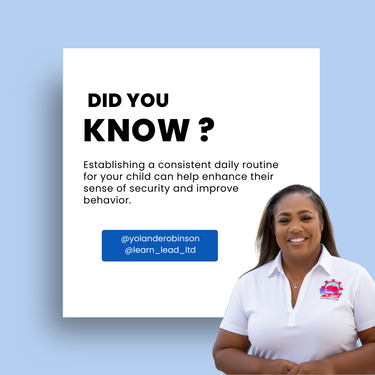 Establishing a consistent daily routine for your child can be transformative in nurturing their sense of security and enhancing behavior. Let's have a heartfelt discussion about one of the most powerful tools for fostering growth: ROUTINE! Whether it's guiding them through a structured morning routine, sharing meals at set times, or winding down with a soothing bedtime ritual, consistency provides a sanctuary of stability and comfort for our little ones. It's not just about structure; it's about instilling lifelong skills in time management and responsibility. By embracing routine, we're not only nurturing our children but also easing the burdens of parenting. Let's embark on this journey together, creating a haven where our children can flourish. Share your insights on building routines in the comments below. Together, let's cultivate a nurturing environment where every child can thrive! As we enter April, Autism Awareness Month, I am compelled to share a few thoughts on fostering understanding and inclusion.
For several years, The Dawn Program for Autism and Behavioral Sciences found a home at Learn and Lead. This was a cherished opportunity for us at Learn and Lead to offer parents and their children supportive spaces where they could gain deeper insights into Autism. It also allowed us to provide invaluable services such as ABA Therapy and parent coaching, all thanks to the dedicated efforts of Nicole Cox and her exceptional team. While the chapter of the Dawn Program at Learn and Lead closed its doors in 2019, those who tune in regularly to my podcast know that Nicole has continued to extend her support whenever needed. My dedication to supporting families with ASD remains steadfast, and I wish to seize this moment to shed more light on ASD—not just for awareness sake, but to catalyze the actions required to better support ASD families within our communities. According to the World Health Organization, 1 in 100 children worldwide are diagnosed with Autism. In the United States, statistics from Autism Speaks reveal a staggering reality: 1 in 36 children and 1 in 45 adults are on the autism spectrum. Additionally, boys are nearly four times more likely to be diagnosed with autism than girls. But beyond the numbers lies a vibrant and diverse community of individuals, each with their own unique strengths, challenges, and perspectives. Autism is not a one-size-fits-all condition; rather, it encompasses a broad spectrum of traits and characteristics that manifest differently in each person. For families living with Autism, navigating daily life can present unique challenges. From sensory sensitivities to social communication difficulties, the journey can be both rewarding and demanding. As neighbors and fellow community members, it's our responsibility to offer support and understanding to these families. So, what can we do to create a more inclusive and supportive community for individuals with Autism and their families?
|
Author
Yolande Robinson, M.Ed. PodcastShifting Perspectives is a conversation with Yolande and Latasha that challenges Listeners to fuel themselves with diversity in the way they think, the way they work, the way they parent and the way they live their lives.
Listen to Shifting Perspectives on Apple Podcasts, Audible, Amazon Music, Spotify, Google Podcast, Stitcher, Pocket Casts, Overcast, Castro, Castbooks, or Podfriend. Archives
July 2024
Categories
All
|


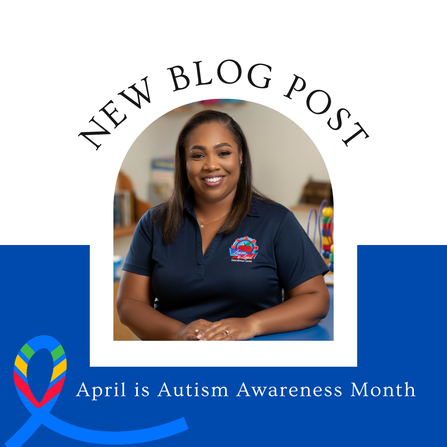

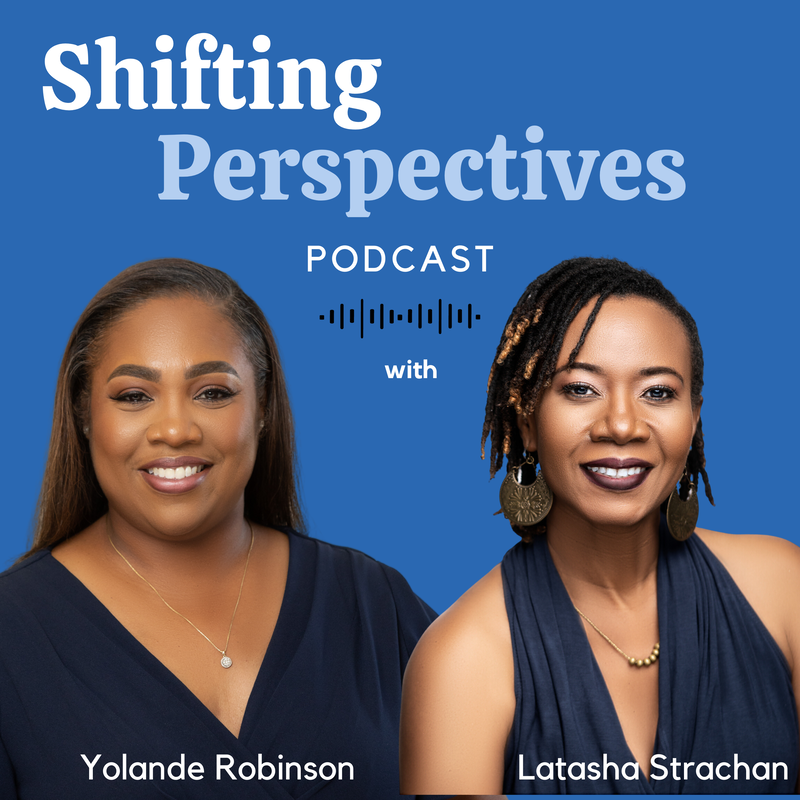
 RSS Feed
RSS Feed